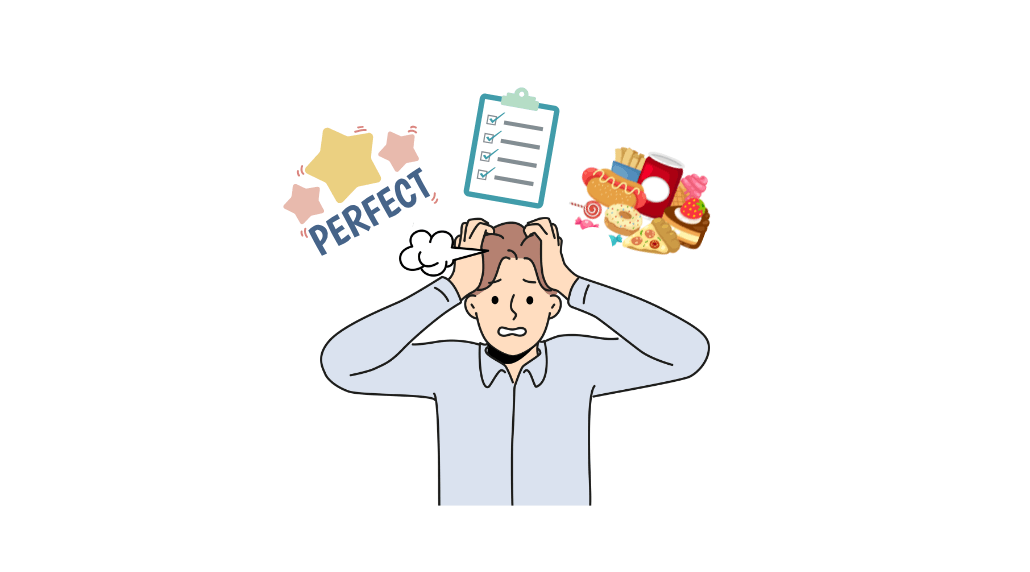Why Rest and Recovery Are Essential to Healing
In a world that celebrates hustle, productivity, and pushing through, the idea of resting can feel like weakness. Many of us have grown up to believe that healing only happens when we’re “doing something” - something visible, something hard, something measurable.
But here’s the truth - Rest and recovery aren’t a break from healing. They are healing.
Especially in food addiction recovery, where your mind, body, and nervous system have often been in overdrive for years, rest isn’t optional. It’s essential.
Let’s explore why rest matters so deeply, what recovery really looks like (beyond just avoiding certain foods), and how to give yourself permission to slow down, without guilt.
Rest Isn’t Laziness - It’s Regulation
When you’ve been living in survival mode, emotionally, physically, or both, your body needs more than just “discipline.” It needs to feel safe again.
Rest gives your nervous system a chance to:
Slow down from chronic stress.
Rebalance hormones affected by binging and restriction.
Reconnect to natural hunger and fullness cues.
Release stored tension in muscles and the gut.
Breathe.
In this way, rest isn’t about “doing nothing.” It’s about creating the internal space where healing can actually being.
The Constant Pressure to Perform
For many people in recovery, especially those with perfectionist or people-pleasing tendencies, the idea of stopping, even for a moment, brings up anxiety.
You might think:
“If I stop, I’ll lose control”
“Resting means I’m weak or lazy”
“I don’t deserve to rest until I’m better”
“There’s too much to fix, I can’t slow down”
But here’s what’s true:
You are not a machine.
You don’t have to earn rest.
Rest is part of becoming better - not the opposite of it.
Types of Rest That Support Food Addiction Recovery
Recovery isn’t just about food, it’s about tending to every part of you. That’s why rest comes in more than one form:
1. Physical Rest
Your body has been through a lot, whether that’s the toll of restrictive eating, poor sleep, or years of tension. Physical rest might include:
Getting enough quality sleep
Taking naps without guilt
Skipping the gym when your body is saying “not today”
Gentle movement like stretching or walking instead of pushing through intense workouts
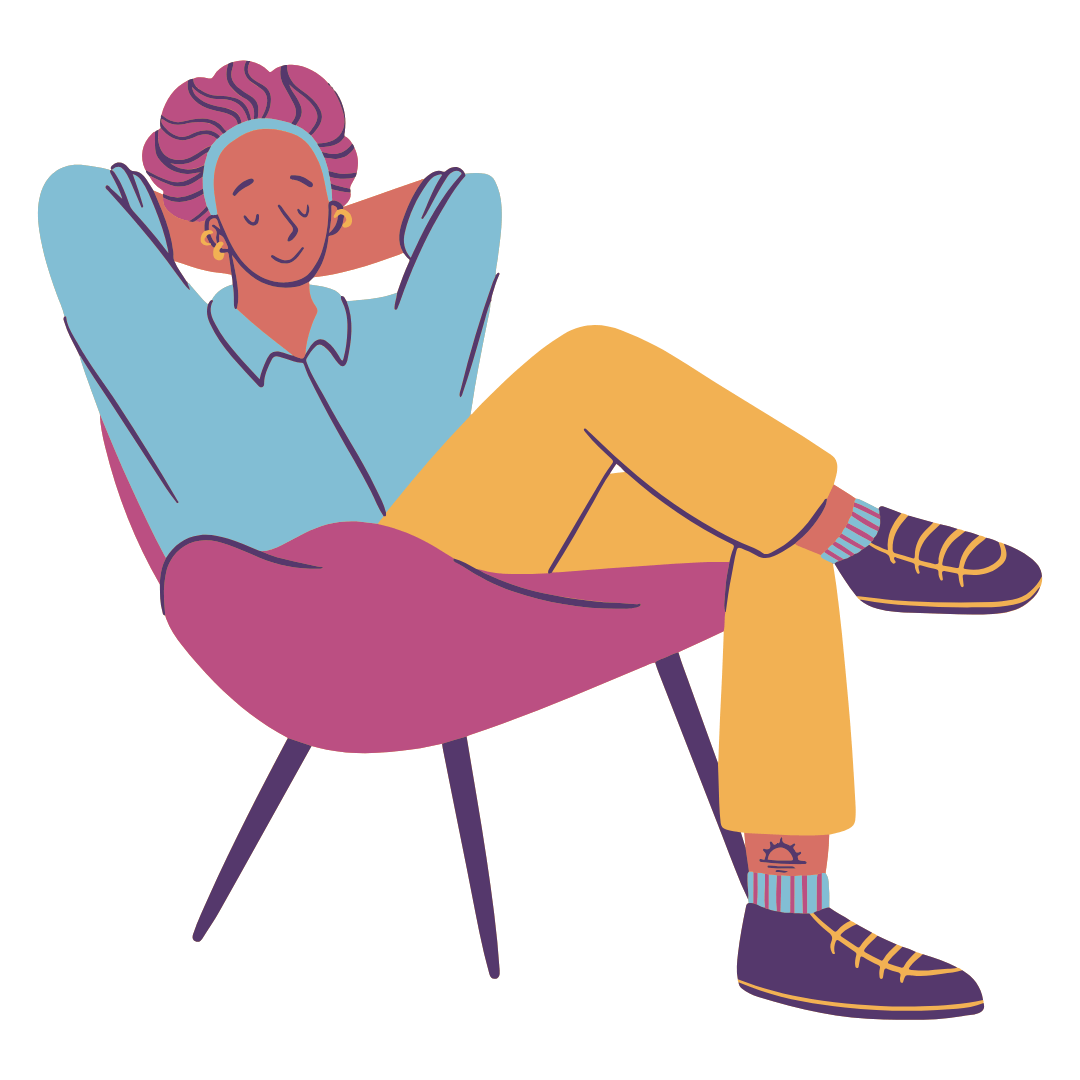
2. Mental Rest
Constant thoughts about food, body image, calories, or “what’s next” in recovery can be draining. Mental rest might look like:
Turning off your phone for a bit
Taking a break from diet-related content
Letting yourself not think about food or recovery 24/7
Journaling to get swirling thoughts out of your head
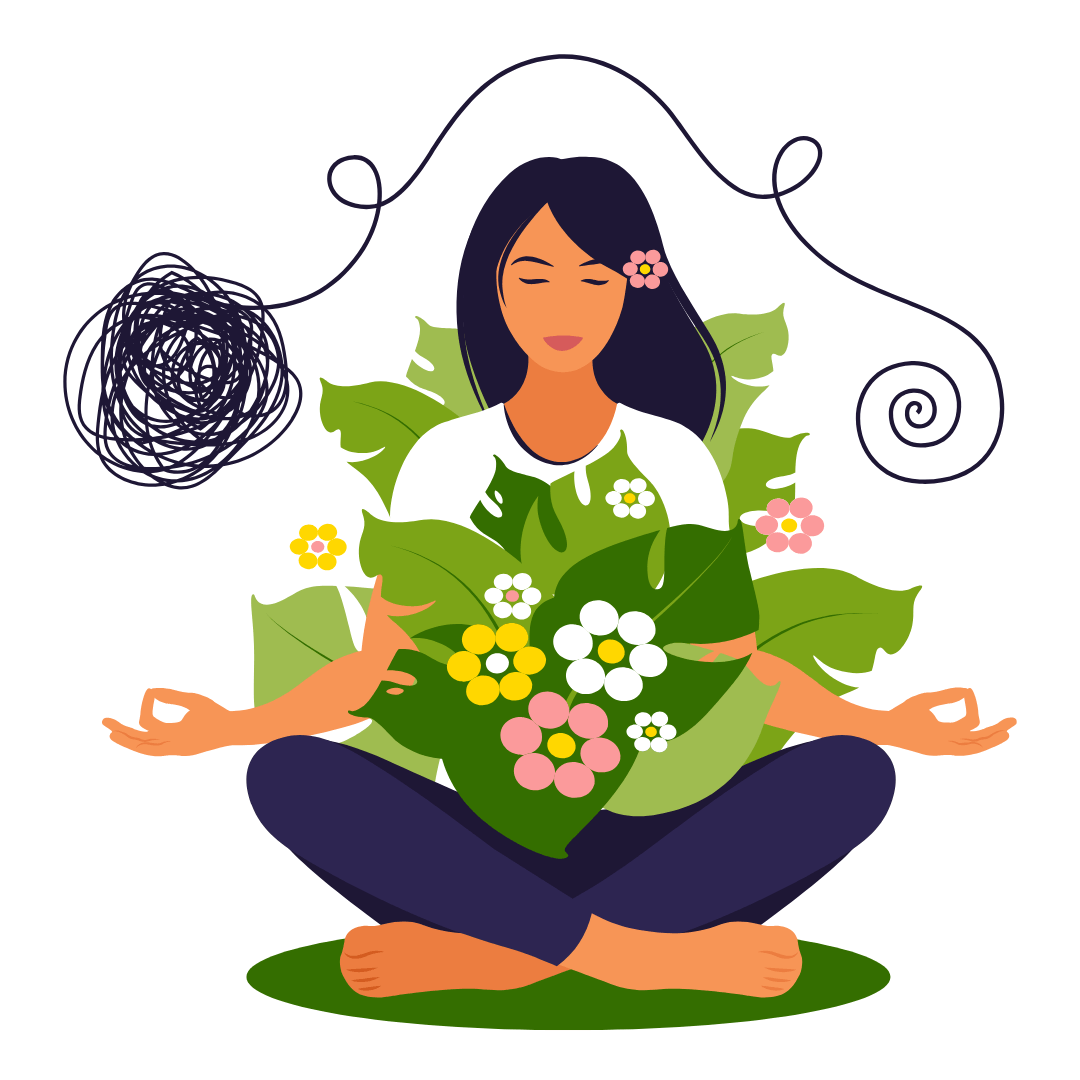
3. Emotional Rest
Food addiction is often entangled with emotions - shame, sadness, stress, anger. Emotional rest means:
Giving yourself permission to feel without fixing
Saying no to emotional labour that exhausts you
Letting someone else hold space for you (like a support group or therapist)
Crying it out, resting after, and not apologising for it
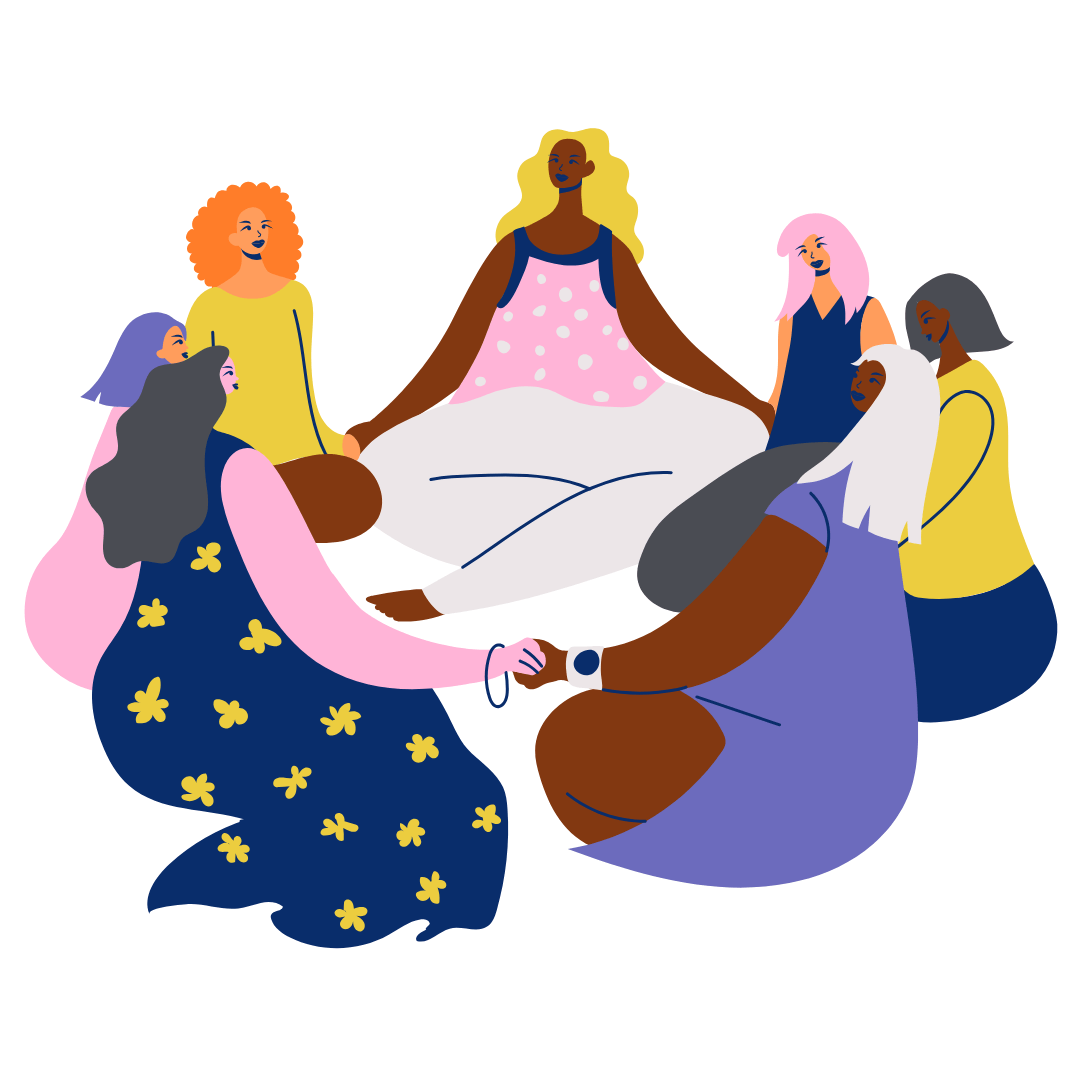
4. Social Rest
Sometimes you need space from people, even those you love. Social rest can include:
Taking a night off from social events
Protecting your boundaries
Choosing company that feels safe and nourishing over those that feel draining

Recovery Isn’t a Race - It’s a Rhythm
Healing isn’t linear. It doesn’t follow a checklist. Some days you’ll feel strong and capable. Other days you’ll need to lie down and do absolutely nothing.
Both days are valid. Both days are part of recovery.
Think of your healing as a rhythm - like a heartbeat. It expands and contracts. Push and pull. Activity and rest.
If you only ever push, you’ll burn out.
If you honour the rhythm, you create resilience.
What Happens When You Don’t Rest
Without intentional rest and recovery, you might notice:
Heightened cravings and emotional eating
Increased anxiety or irritability
Difficulty focusing or making decisions
Feeling disconnected from your body
Poor sleep or digestion
A sense of “I’m always on edge”
These aren’t failures, they’re signals. Your body is saying: “Please slow down. I need care, not control.”
Rest Is a Revolutionary Act of Self-Care
Rest in recovery isn’t a sign of giving up, it’s a radical act of self-care and self-trust. Choosing to rest means believing that healing doesn’t require punishment or perfection, but presence and patience. It’s a quiet declaration that your worth isn’t measured by how productive or busy you are, and that your body deserves to be listened to rather than overridden. In a world that often praises burnout and hustle, giving yourself permission to slow down and care for your nervous system is not only brave, it’s revolutionary. Rest says, “I deserve care now, not just when I’m better.” And that belief alone can change everything.
How to Begin Resting Without Guilt
If rest feels uncomfortable, you’re not alone. Start small.
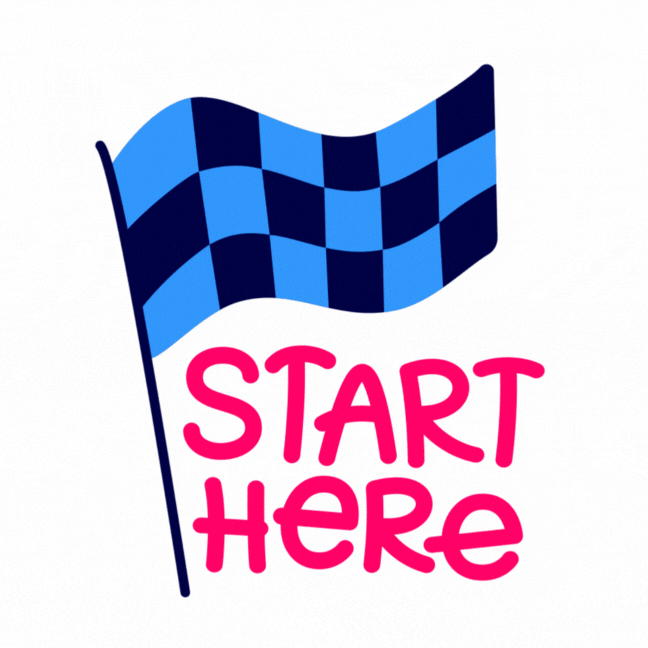
Set a 10minute timer to lie down, stretch, or breathe
Replace one hour of “shoulds” with one hour of “wants”
Let a chore wait
Schedule rest into your day like a non-negotiable appointment
Ask yourself: “What would feel kind right now?”
Let rest be a practice, not a perfect destination.
You’re Allowed to Slow Down
You are allowed to heal at your own pace.
You are allowed to rest, not as a reward, but as a right.
You are allowed to recovery gently - and still be strong.
So if you’re tired today, let that be okay. Your body is working hard, even when you’re not doing anything “visible.”
~ Healing is happening. Even in stillness ~
Need Support?
Join our community or reach out to talk with others who get it.
You don’t have to do this alone.
Copyright © 2025 · Food Addiction UK

